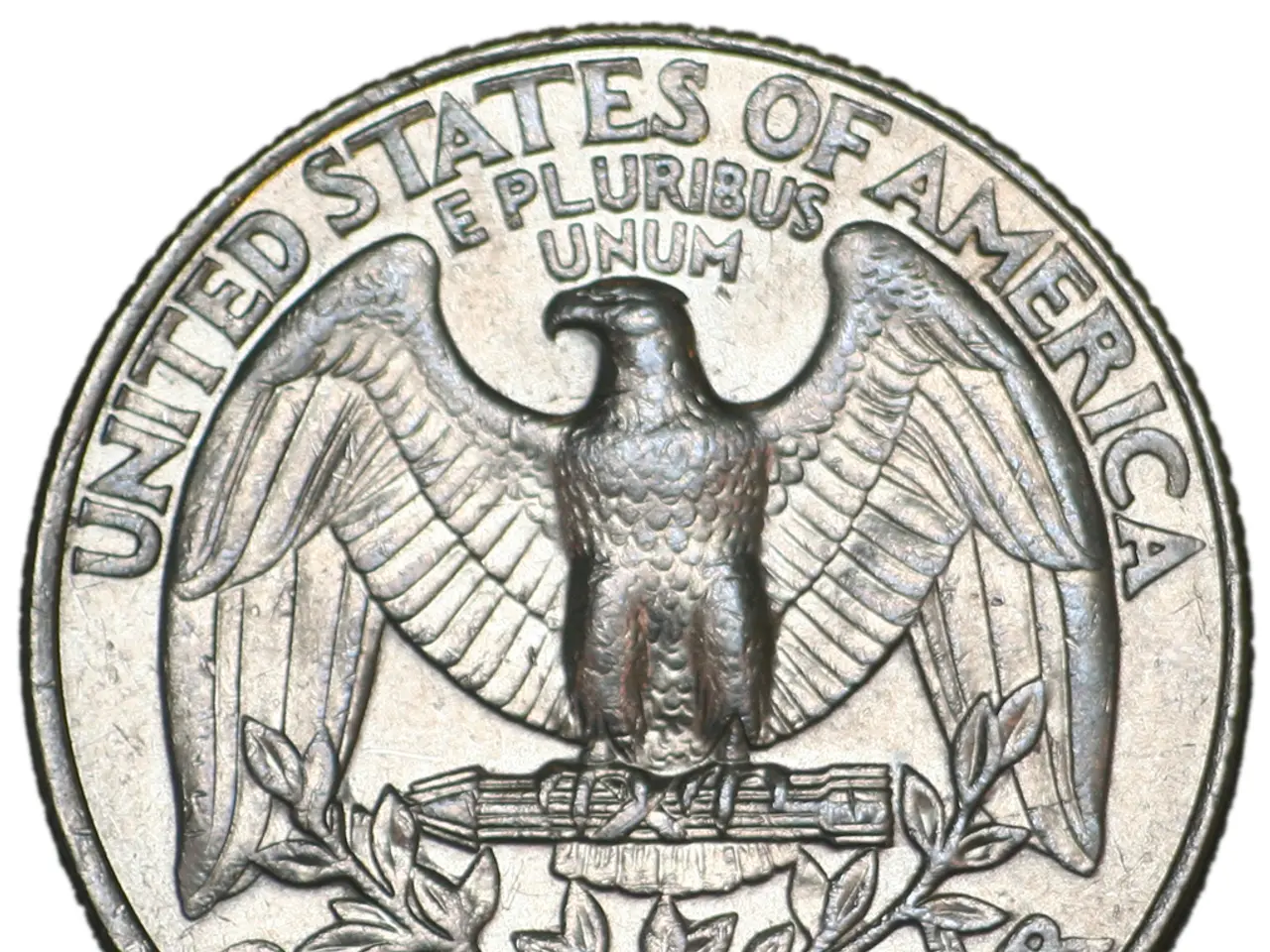Lobbyists Actively Engage in Efforts to Thwart the Enactment of Sovereign Debt Reform Legislation
New York, a global financial hub, is at the centre of a contentious issue as a proposed bill seeks to limit creditor lawsuits by so-called "vulture funds" against indebted countries. The bill, if passed, would use a legal defense known as champerty to protect vulnerable nations from financial harm caused by these funds.
The legislation, which passed the New York State Senate recently, aims to curb exploitative practices by hedge funds that buy cheap sovereign debt and then sue for full repayment. This practice has been a source of concern for many, particularly in light of the ongoing global debt crisis.
Advocates of the bill argue that it would prevent such exploitative debt collection and shield countries from financial hardship. New York's courts, which govern most international debt contracts, would thus exert a positive influence on these financial disputes. Critics of the bill, however, primarily Wall Street lobbying groups, argue that it could disrupt established financial markets and creditor rights.
Opposition to the bill is strong, with lobbying groups such as The Business Council, Securities Industry and Financial Markets Association, Creditor Rights Coalition, and Loan Syndications and Trading Association pressing the Assembly to stop the bill. Their concern is that limiting creditor lawsuits could result in more accounts being sent to third-party debt collectors or law firms, exposing consumers to litigation and financial hardship.
The bill, if passed, could impact about $800 billion in debt from developing countries. The legislative session is expected to end next week, and it's unclear if the bill will be brought to a vote in the Assembly before then. The bill's sponsor, Jessica González-Rojas, remains optimistic about its passage in the Assembly.
The bill, developed by community groups after Puerto Rico defaulted on its debt, could potentially impact about $800 billion in debt from developing countries. If passed, it may move about $700 billion in sovereign bonds governed by New York law to other states, according to estimates by the Loan Syndications and Trading Association and Creditor Rights Coalition.
Some critics argue that the bill would undermine the sanctity of contracts, creating uncertainty that would increase borrowing costs for countries. However, an expert on sovereign debt, Gregory Makoff, dismisses this concern as "absurd."
The firm Dickinson & Avella PLLC, which recently signed a contract to lobby for the Loan Syndications and Trading Association, has been actively involved in the debate. During floor debates before the Senate passed the legislation, two Republican senators, Jack Martins and Mark Walczyk, gave long speeches slamming the proposal. After their speeches, they were reported to have huddled with William Crowell, a lobbyist from the firm.
Michael Kink, executive director of a coalition that supports the bill, stated that the speeches by the two senators were misleading and that the bill is designed to protect vulnerable nations from predatory practices. The Partnership for New York City, a business group representing companies, big law firms, and banks, has not engaged in opposition to the bill.
The bill, if passed, could have significant implications for the global financial landscape, particularly for developing countries struggling with debt. The outcome of the bill's journey through the New York State Assembly remains uncertain, with strong debate over balancing consumer and sovereign debtor protections against creditor enforcement rights.
- The bill, originally developed by community groups, is currently under consideration in the New York State Assembly, aiming to protect vulnerable nations from exploitative debt collection practices.
- The legislation, if passed, could potentially impact about $800 billion in debt from developing countries, raising concerns over the sanctity of contracts and increasing borrowing costs.
- The bill would use a legal defense known as champerty to limit creditor lawsuits by hedge funds, also called "vulture funds," against indebted countries.
- If passed, the bill could cause a shift, with about $700 billion in sovereign bonds governed by New York law moving to other states, according to estimates by the Loan Syndications and Trading Association and Creditor Rights Coalition.
- Lobbying groups such as The Business Council, Securities Industry and Financial Markets Association, Creditor Rights Coalition, and Loan Syndications and Trading Association have been pressuring the Assembly to halt the bill, citing potential disruptions to established financial markets and creditor rights.
- Michael Kink, executive director of a coalition that supports the bill, has countered criticism, stating that the bill is designed to protect nations from predatory practices and is not misleading as some critics claim.




